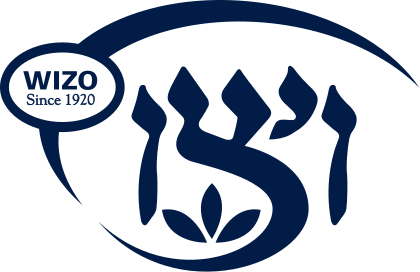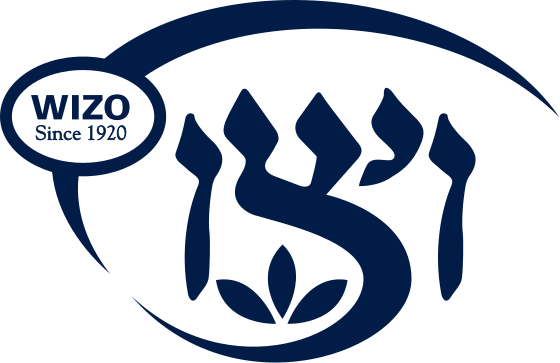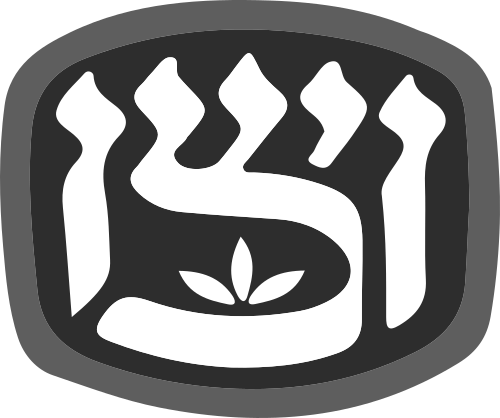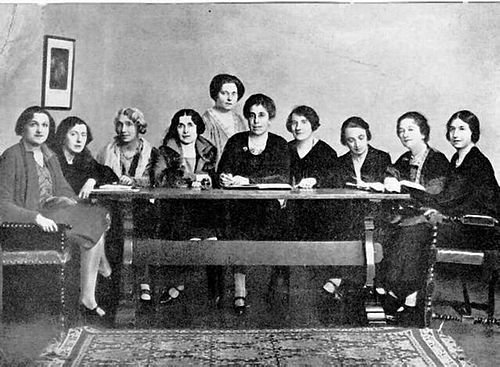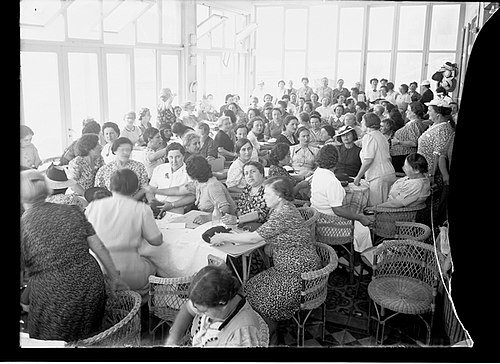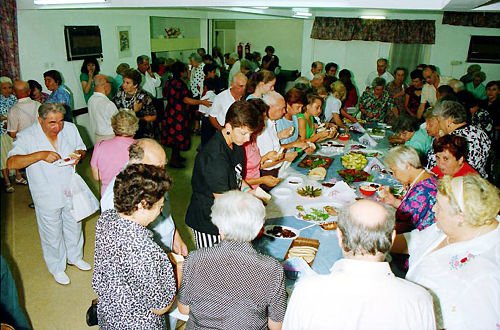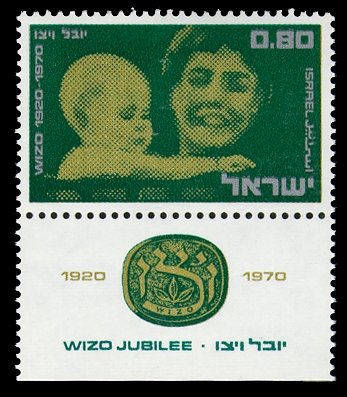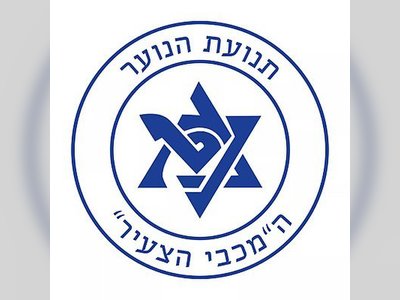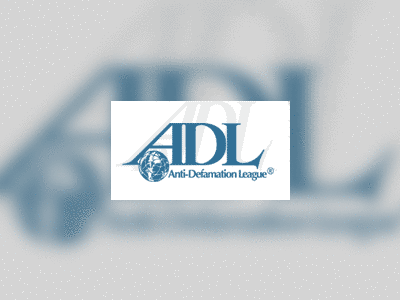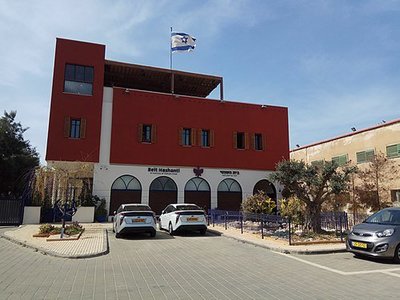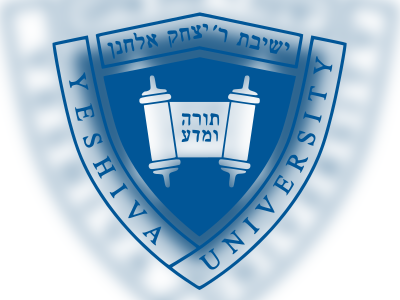מורשת גדולי האומה
בזכותם קיים
beta
WIZO: Women's International Zionist Organization
WIZO's enduring commitment to empowering women, protecting children, and improving society has had a profound impact on Israel and the Jewish diaspora. From its early days as a response to the marginalization of women within the Zionist movement to its modern role as a leading advocate for women's rights and welfare, WIZO continues to be a driving force for positive change. With its rich history and vast array of activities, WIZO remains a dynamic and influential organization dedicated to making a difference in the lives of women and children across the globe.
WIZO, an acronym for the Women's International Zionist Organization, is a prominent Jewish women's organization with a presence in Israel and around the world. Founded on July 11, 1920, by a group of Jewish women in Manchester, UK, including Vera Weizmann, Rebecca Sieff, and Edith Eder, WIZO emerged at the intersection of two significant historical movements: the awakening of the Zionist movement following the Balfour Declaration and the burgeoning political and social activism of women in Britain and Europe, who had recently secured the right to vote in 1920. Although women's rights were officially considered equal to men's within Zionist institutions, their actual participation was limited and often marginalized. In response to this, British women proposed the establishment of their own organization, which later evolved into a global women's organization affiliated with the Zionist Federation. In July 1920, representatives of women's organizations from Britain and other countries gathered in London for the founding conference of WIZO. The organization's primary mission was to unite women in collaborative efforts to advance the Zionist idea, as they believed that women could make unique contributions, particularly in areas such as education, household economics, health, and welfare.
Early Activities:
In its early years, WIZO focused on the training and preparation of women immigrating to Israel in fields like household economics, agriculture, and child welfare. At this stage, WIZO was perceived as an organization of diaspora women committed to assisting women and children in Israel.
Activities Leading Up to Israel's Founding:
With the establishment of the State of Israel in 1949, WIZO shifted its primary activities from London to Tel Aviv. As many volunteer-based organizations transferred their responsibilities to the government post-independence, WIZO continued to provide supplementary services, supported by foreign donations and volunteers. Alongside its continued activities in aiding immigrants, education, training, and social support, WIZO expanded into new areas such as assistance to female soldiers, military families, non-Jewish communities in Israel, and support for the elderly.
Legal Aid and Women's Rights:
In 1950, WIZO adopted the legal aid activities previously run by women's equality organizations. It began to expand this work, operating legal aid offices staffed by WIZO-trained volunteers, with the support of professional lawyers and social workers. These offices assisted women with legal matters related to family issues, including divorce and inheritance, and, in some cases, workplace discrimination. WIZO volunteers were also trained to represent women in front of rabbinical courts. Today, there are 30 legal aid offices throughout the country.
WIZO's Role in Shaping Israel:
WIZO played a crucial role in bridging the gap between the Jewish diaspora and Israel. For its members in the diaspora, WIZO's activities are often a central aspect of their Jewish identity and connection to the Jewish people and Israel.
Recognition and Awards:
In 2008, WIZO received the Israel Prize for lifetime achievement in recognition of its exceptional contributions to Israeli society and the country's development.
WIZO as a Political and Feminist Entity:
Although WIZO is a non-partisan organization, it functioned as a political entity in the broader sense of the word, aiming to address the underrepresentation of women in the Zionist movement and advance the interests of women and children in Israel. Throughout its existence, one of its key objectives has been to promote women's involvement in public and political activities within the Zionist movement and in Israel.
Feminism and WIZO:
WIZO was established as a response to the underrepresentation of women in the Zionist movement. Its founders envisioned women as equal partners in decision-making, responsibility, and action. Volunteering within WIZO provided women with a gateway into the public sphere and a means to expand public discourse on household and family matters. Nevertheless, the existence of a separate women's organization eventually led to their exclusion from mainstream organizations, reinforcing the perception that their work should be unpaid.
Beginning in the 1970s, during the second wave of feminism, WIZO's activities shifted toward addressing issues related to women's status and violence against women. This new focus coexisted with its traditional work. Some of the new areas of activity included shelters for abused women, family violence prevention centers, legal aid clinics, day care centers for the children of working women, combating sexual harassment, and promoting women's involvement in politics and business.
WIZO's Archives:
WIZO's archives contain photographs and historical documents that tell the stories of women, their roles, and contributions in shaping Israeli society. The photographs include the first daycare centers, the first milk distribution points, legal aid offices, and more.
WIZO in Numbers:
* WIZO boasts a membership of 250,000 women organized into 47 national federations worldwide.
* In Israel, WIZO has 46 branches that house the bulk of its volunteer activities and approximately 800 projects. This makes WIZO the largest social organization in Israel, providing educational and welfare services to children, women, youth, new immigrants, and the elderly.
* WIZO employs around 6,000 individuals, with most working in youth villages and day centers.
* WIZO operates 55 thrift stores throughout the country, making it the largest second-hand store chain in Israel. These stores sell clothes at symbolic prices, with all proceeds reinvested in community support and development.
* In addition to these activities, WIZO runs eight homes for at-risk girls, children's clubs for at-risk children, an Educational Therapeutic Youth Center in Be'er Sheva, 29 legal aid offices, two shelters for abused women, and other centers focused on preventing family violence. WIZO is deeply involved in enhancing the well-being of Israeli society.
Early Activities:
In its early years, WIZO focused on the training and preparation of women immigrating to Israel in fields like household economics, agriculture, and child welfare. At this stage, WIZO was perceived as an organization of diaspora women committed to assisting women and children in Israel.
Activities Leading Up to Israel's Founding:
With the establishment of the State of Israel in 1949, WIZO shifted its primary activities from London to Tel Aviv. As many volunteer-based organizations transferred their responsibilities to the government post-independence, WIZO continued to provide supplementary services, supported by foreign donations and volunteers. Alongside its continued activities in aiding immigrants, education, training, and social support, WIZO expanded into new areas such as assistance to female soldiers, military families, non-Jewish communities in Israel, and support for the elderly.
Legal Aid and Women's Rights:
In 1950, WIZO adopted the legal aid activities previously run by women's equality organizations. It began to expand this work, operating legal aid offices staffed by WIZO-trained volunteers, with the support of professional lawyers and social workers. These offices assisted women with legal matters related to family issues, including divorce and inheritance, and, in some cases, workplace discrimination. WIZO volunteers were also trained to represent women in front of rabbinical courts. Today, there are 30 legal aid offices throughout the country.
WIZO's Role in Shaping Israel:
WIZO played a crucial role in bridging the gap between the Jewish diaspora and Israel. For its members in the diaspora, WIZO's activities are often a central aspect of their Jewish identity and connection to the Jewish people and Israel.
Recognition and Awards:
In 2008, WIZO received the Israel Prize for lifetime achievement in recognition of its exceptional contributions to Israeli society and the country's development.
WIZO as a Political and Feminist Entity:
Although WIZO is a non-partisan organization, it functioned as a political entity in the broader sense of the word, aiming to address the underrepresentation of women in the Zionist movement and advance the interests of women and children in Israel. Throughout its existence, one of its key objectives has been to promote women's involvement in public and political activities within the Zionist movement and in Israel.
Feminism and WIZO:
WIZO was established as a response to the underrepresentation of women in the Zionist movement. Its founders envisioned women as equal partners in decision-making, responsibility, and action. Volunteering within WIZO provided women with a gateway into the public sphere and a means to expand public discourse on household and family matters. Nevertheless, the existence of a separate women's organization eventually led to their exclusion from mainstream organizations, reinforcing the perception that their work should be unpaid.
Beginning in the 1970s, during the second wave of feminism, WIZO's activities shifted toward addressing issues related to women's status and violence against women. This new focus coexisted with its traditional work. Some of the new areas of activity included shelters for abused women, family violence prevention centers, legal aid clinics, day care centers for the children of working women, combating sexual harassment, and promoting women's involvement in politics and business.
WIZO's Archives:
WIZO's archives contain photographs and historical documents that tell the stories of women, their roles, and contributions in shaping Israeli society. The photographs include the first daycare centers, the first milk distribution points, legal aid offices, and more.
WIZO in Numbers:
* WIZO boasts a membership of 250,000 women organized into 47 national federations worldwide.
* In Israel, WIZO has 46 branches that house the bulk of its volunteer activities and approximately 800 projects. This makes WIZO the largest social organization in Israel, providing educational and welfare services to children, women, youth, new immigrants, and the elderly.
* WIZO employs around 6,000 individuals, with most working in youth villages and day centers.
* WIZO operates 55 thrift stores throughout the country, making it the largest second-hand store chain in Israel. These stores sell clothes at symbolic prices, with all proceeds reinvested in community support and development.
* In addition to these activities, WIZO runs eight homes for at-risk girls, children's clubs for at-risk children, an Educational Therapeutic Youth Center in Be'er Sheva, 29 legal aid offices, two shelters for abused women, and other centers focused on preventing family violence. WIZO is deeply involved in enhancing the well-being of Israeli society.
- ויצו – ויקיפדיהhe.wikipedia.org
